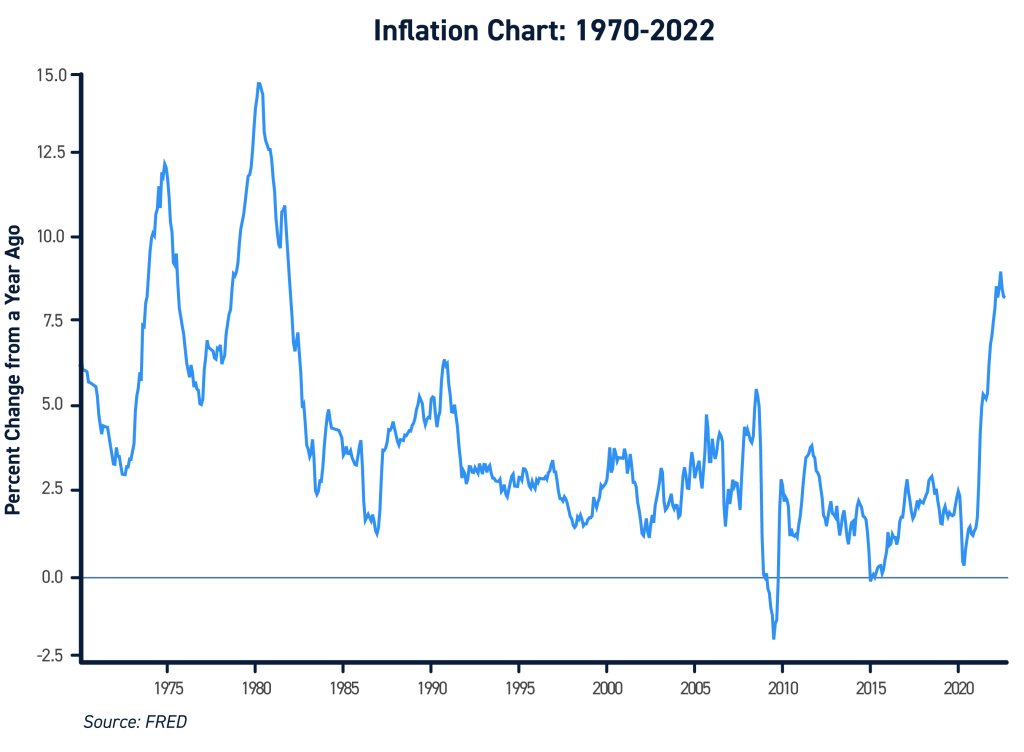
Navigating the Financial Landscape: Unveiling the Impact of Inflation on Markets
In the dynamic realm of finance, the impact of inflation on markets is a pivotal aspect that demands a closer look. This article delves into the multifaceted consequences of inflation, exploring how it ripples through various sectors and influences investment strategies.
Understanding the Dynamics of Inflation
Inflation, the steady increase in the general price level of goods and services, is a natural component of economic systems. However, its impact on financial markets goes beyond the rising cost of living. Examining the dynamics of inflation is crucial for investors seeking to navigate market fluctuations.
Market Reactions to Inflationary Pressures
Financial markets are sensitive to inflationary pressures, and their reactions can be swift and substantial. Investors often scrutinize economic indicators to gauge potential inflationary trends, as rising prices can erode the real value of assets. Understanding how markets react is essential for informed decision-making.
Central Bank Policies and Market Stability
Central banks play a pivotal role in mitigating the impact of inflation on markets. Through monetary policies such as interest rate adjustments and open market operations, central banks aim to maintain price stability and foster economic growth. Analyzing these policies provides insights into market stability.
Equity Markets: Navigating Inflationary Environments
Equity markets experience unique challenges in inflationary environments. While some sectors may benefit from increased pricing power, others may face higher costs and reduced profit margins. Investors must carefully consider the implications of inflation on individual stocks and industry sectors.
Fixed-Income Investments: Balancing Act in Inflationary Times
Inflation poses a challenge for fixed-income investments such as bonds. As prices rise, the purchasing power of future interest and principal payments diminishes. Investors need to adopt a balanced approach, considering the potential impact of inflation on bond yields and overall portfolio performance.
Commodities as Inflation Hedges
Certain commodities, such as precious metals and real assets, often serve as hedges against inflation. Investors seeking to safeguard their portfolios may allocate a portion to commodities, which historically have shown resilience in preserving value during inflationary periods.
Real Estate: Inflation and Property Values
Inflation can have a notable impact on real estate markets. While property values may rise with inflation, the cost of construction and financing can also increase. Investors and homeowners alike should monitor inflation trends to make informed decisions regarding real estate transactions.
Inflation Impact on Currency Markets
Currency markets are deeply influenced by inflation. Central banks may adjust interest rates in response to inflation, affecting currency values. Investors engaged in forex trading need to stay attuned to inflationary signals and central bank actions to make informed decisions in currency markets.
Strategic Investment Approaches in Inflationary Environments
For investors navigating the complexities of inflation, adopting strategic approaches is paramount. Diversification, inflation-protected securities, and regular portfolio reviews are essential components of a resilient investment strategy in the face of inflationary pressures.
Inflation Impact on Markets – Explore More Insights
For a deeper exploration of the impact of inflation on financial markets, visit Inflation Impact on Markets. This resource provides additional insights, expert analyses, and discussions, offering a valuable perspective for investors looking to make informed decisions in a dynamic financial landscape.
In conclusion, understanding how inflation impacts markets is a crucial aspect of successful financial management. Whether in equities, fixed-income investments, commodities, or real estate, recognizing the interconnectedness of inflation with market dynamics is key to crafting resilient and adaptive investment strategies.



